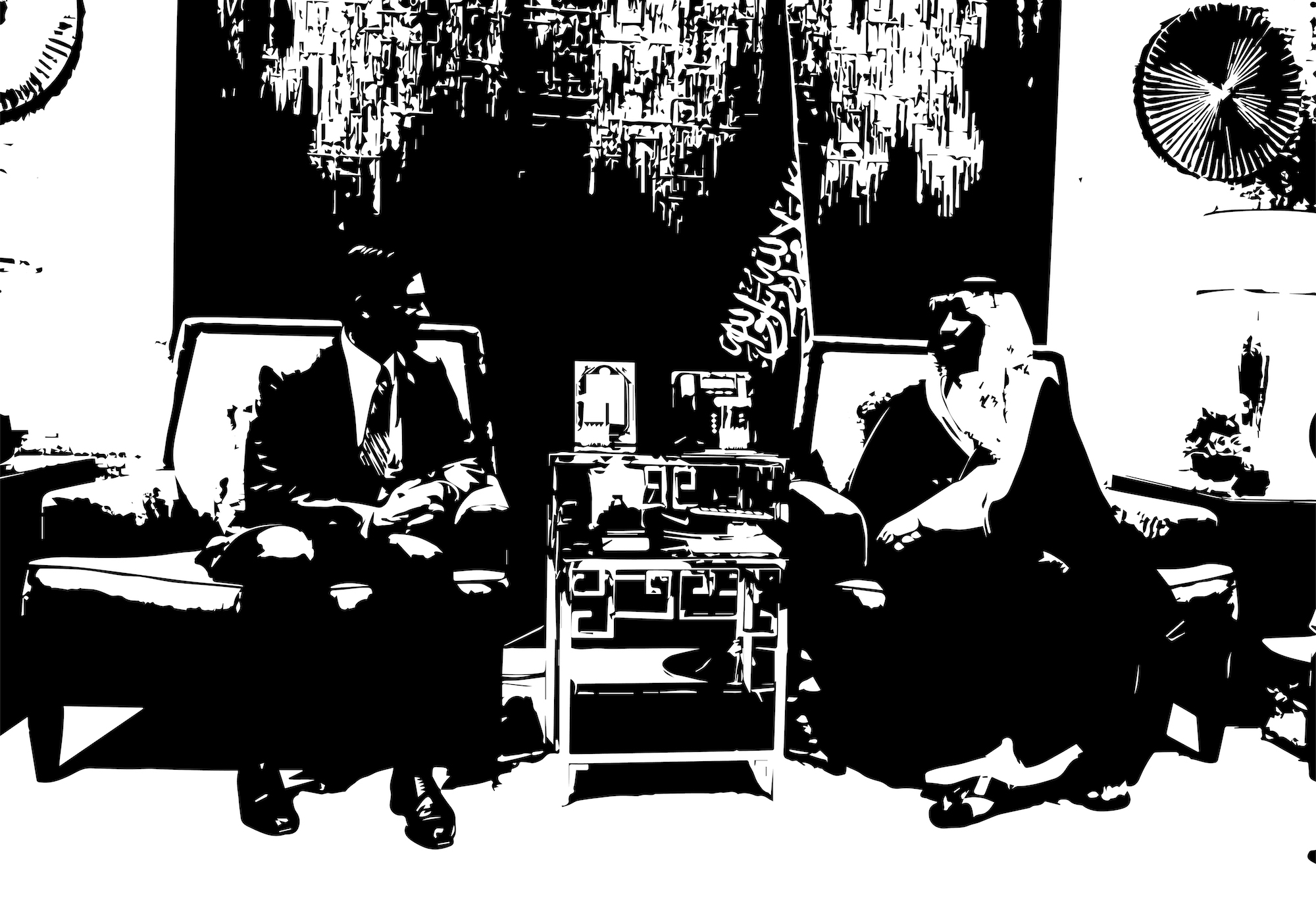From the moment the Houthis swept into Yemen’s capital in 2014, Yemen has been a country divided against itself. Six months later, Saudi Arabia and the United Arab Emirates have responded with an air power campaign to dislodge them. The result has been a deadlock, with the UN Secretary General Antonio Guterres calling Yemen the worst man-made humanitarian catastrophe in the world today. Regrettably, the already dismal situation has deteriorated significantly courtesy of Washington’s military, logistical, and intelligence support on behalf of the Saudi-led coalition over the past five years. The only thing more disturbing than the US decision to become an indirect combatant in this conflict is the fact that Washington has yet to extricate itself from it.
On September 14, a UN-appointed group of experts on Yemen released its latest assessment on the war. The report documented a list of war crimes at the hands of every combatant, with the Saudi coalition continuing to bomb civilian infrastructure and the Houthis stealing humanitarian aid and committing extrajudicial executions. In one particularly heinous incident, the UN experts describe a coalition airstrike in February 2020 that killed and injured over 50 civilians. The death of civilians is bad enough, but the reality that outside parties have enabled these activities makes the episodes all the more depressing. In the words of the UN experts, “[T[hird States, including Canada, France, the Islamic Republic of Iran, the United Kingdom of Great Britain and Northern Ireland, and the United States of America, continued their support of parties to the conflict including through arms transfers, thereby helping to perpetuate the conflict.”
Why Washington would choose to pick winners and losers in a marginal civil war has never been sufficiently explained to an American public increasingly interested in using diplomacy as the tool of first resort in US foreign policy.
Senior Obama administration officials admitted the decision to assist Riyadh and Abu Dhabi in March 2015 was rushed and ill-conceived, comparing it to getting into a car with a drunk driver.
Washington’s policy in Yemen has been a failure across two separate presidencies. Senior Obama administration officials admitted the decision to assist Riyadh and Abu Dhabi in March 2015 was rushed and ill-conceived, comparing it to getting into a car with a drunk driver. While the Trump administration rightly terminated US refueling of Saudi jets in 2018, the White House has also accelerated the sale of the very air-to-ground munitions that have caused such extensive damage to Yemen’s infrastructure. Despite vocal congressional resistance against US involvement in the war (last year, for the first time in history, the House and Senate passed a War Powers Resolution that would force a US withdrawal from the war; Trump vetoed it), Washington remains a participant in it and is even preparing to sell more offensive military equipment (like the F-35, the most sophisticated airframe in the world) to the Emiratis.
It is difficult to envision what benefit the United States might get out of touching this brutal, local conflict. Yemen is a violent, marginal backwater in the region with little strategic value to the US. The nation has proven itself impervious to the dictates of foreign powers, whether it is the Egyptians in the 1960s or the Saudis today. The one national security interest the US does have in Yemen — ensuring al-Qaeda in the Arabian Peninsula is not planning attacks against Americans — has actually been complicated by a multidimensional war involving an alphabet soup of extremists and factions of conflicting loyalties. While the Houthis are undoubtedly bad actors with their fair share of abusive practices, the group’s concerns are inherently localized and don’t pose a direct threat to US interests in the region.
Taking a step back, US actions in Yemen are an apt representation of US policy in the Middle East writ-large, where an urge “to do something,” the inability to distinguish which countries are US allies and which are occasional partners, and an elementary division of the Middle East into good vs. evil have all combined to produce one of the most pointless foreign policy endeavors this decade.
US foreign policy as a whole continues to suffer from a systemic error of prioritization. Washington remains unwilling to separate what is truly vital to protecting the nation from, at best, peripheral disputes better left for countries of the region to resolve. The civil war in Yemen is clearly on the latter side of the leger.
If Washington has any responsibility here, it is to remove itself from this conflict and begin a more comprehensive, honest and overdue reevaluation of how the US chooses to operate in the Middle East. This means being far more judicious with how US military force is used, thinking clearly about the costs and consequences of plunging into somebody else’s war, and remembering that the US is not obligated to come to the rescue of non-allies whenever they bumble into bad decisions.
Daniel R. DePetris is a fellow at Defense Priorities and a columnist at the Washington Examiner.





















